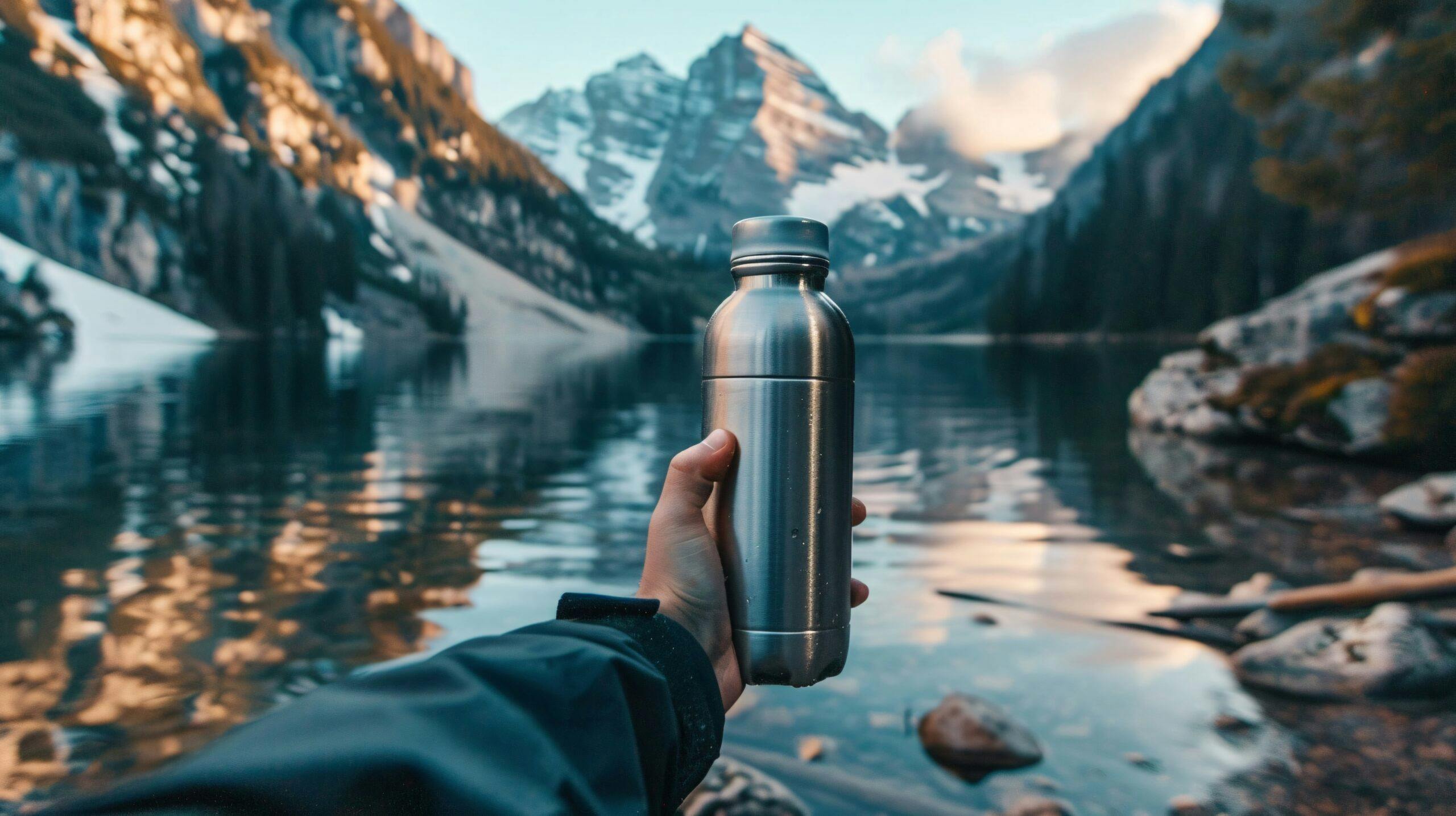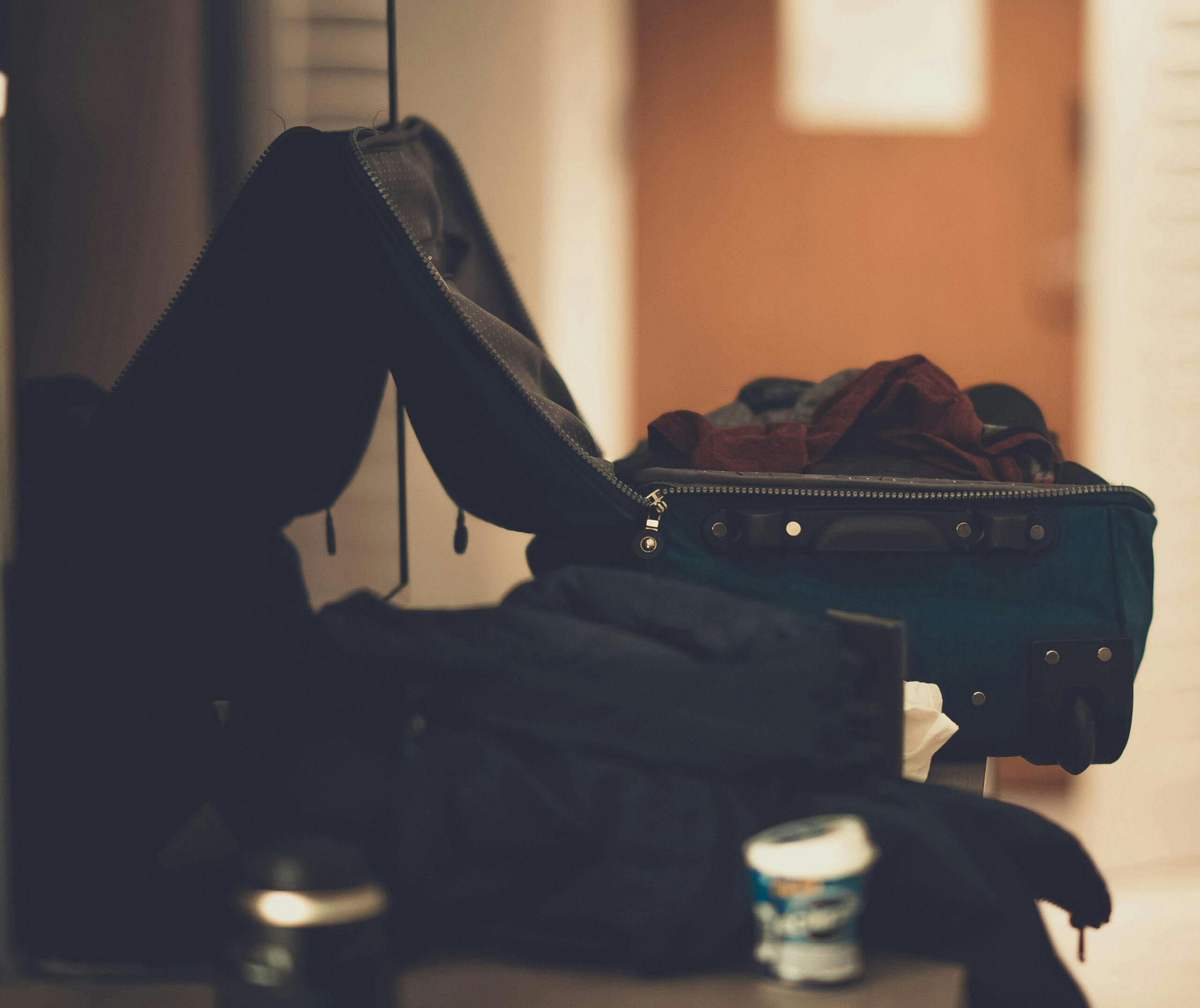What’s the best way to carry water on safari?
How can I reduce my carbon footprint while traveling?
What are the best sustainable travel brands?
How do I avoid single-use plastics while traveling?
Are biodegradable toiletries necessary?
Can sustainable packing really make a difference?
What’s the best way to carry water on safari?
The best way to carry water sustainably on safari is to bring a reusable water bottle with a built-in filter. This ensures you have access to safe drinking water without relying on plastic bottles. Stainless steel or BPA-free bottles are highly durable, keeping water cool in hot climates. Many eco-conscious travelers also use collapsible bottles for space-saving convenience. Some lodges and safari camps now offer refill stations, making it even easier to travel plastic-free.
How can I reduce my carbon footprint while traveling?
Reducing your carbon footprint while traveling starts with conscious planning. Choose non-stop flights whenever possible, as takeoffs and landings generate the most emissions. Pack light to lower fuel consumption during transportation. Supporting eco-friendly lodges that use renewable energy and sustainable practices is another way to make a positive impact. We prioritize using eco-friendly lodges. Finally, consider carbon offset programs, which allow travelers to invest in environmental projects that counterbalance their emissions.
What are the best sustainable travel brands?
Several brands focus on eco-friendly travel gear, ensuring that adventurers can explore responsibly. Patagonia is renowned for using recycled materials and ethical manufacturing. Osprey creates durable backpacks with sustainability in mind. Allbirds designs comfortable travel shoes made from natural materials like merino wool and sugarcane. Choosing products from these brands helps reduce waste and supports responsible business practices that prioritize the planet.
How do I avoid single-use plastics while traveling?
Avoiding single-use plastics requires a few proactive steps. Bring a refillable water bottle, reusable cutlery, and tote bags to avoid disposable options. When eating out, request no plastic straws or lids. Store snacks in silicone food pouches instead of plastic wrap. Choosing accommodations that support sustainable initiatives—such as providing water refill stations and biodegradable toiletries—also helps reduce plastic use. Being mindful of packaging when shopping can further minimize unnecessary waste.
Are biodegradable toiletries necessary?
Yes, biodegradable toiletries are essential for minimizing pollution, especially in natural environments. Many traditional shampoos, soaps, and toothpastes contain chemicals that can harm water sources and wildlife. By using eco-friendly toiletries, you prevent contamination of rivers and ecosystems. Look for products labeled biodegradable, reef-safe, or organic, and opt for solid shampoo bars and refillable containers to reduce packaging waste. Many safari lodges now encourage travelers to bring their own sustainable toiletries to align with conservation efforts.
Can sustainable packing really make a difference?
Absolutely! Sustainable packing reduces waste, supports ethical manufacturing, and minimizes your overall environmental impact. Even small changes, like bringing reusable items, choosing sustainable brands, and packing light, collectively make a big difference. With millions of travelers exploring nature each year, responsible packing habits ensure that future generations can continue to enjoy pristine landscapes and diverse wildlife. The more travelers commit to eco-friendly travel, the greater the global impact.








